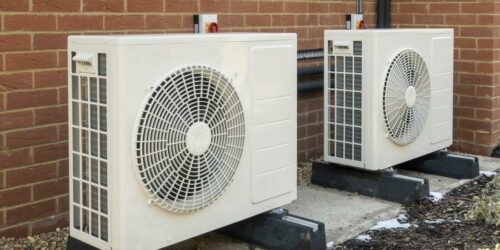A Guide to Hybrid Air Source Heat Pumps: Everything You Need to Know
- Hybrid air source heat pumps
- Use a heat pump with a gas, electric, LPG or oil boiler
- High efficiency and lower energy bills
Going greener can be easier than you might think. Some people may be put off by transitioning to a full heat pump system, or are worried that it couldn’t cope with their heating requirements, but these issues can be put to bed. Hybrid air source heat pumps solve many problems, and you can even keep your existing boiler at the same time.
This article will explain everything to do with a hybrid heat pump system, including pros, cons and costs. Hybrid air source heat pumps are the more affordable version and are even capable of providing cool air throughout the summer. Want to know the best bit? Hybrid systems can save you money on energy costs.
Ready for a heat pump? Use our quote comparison tool to find out how much you’d pay. It only takes a minute.
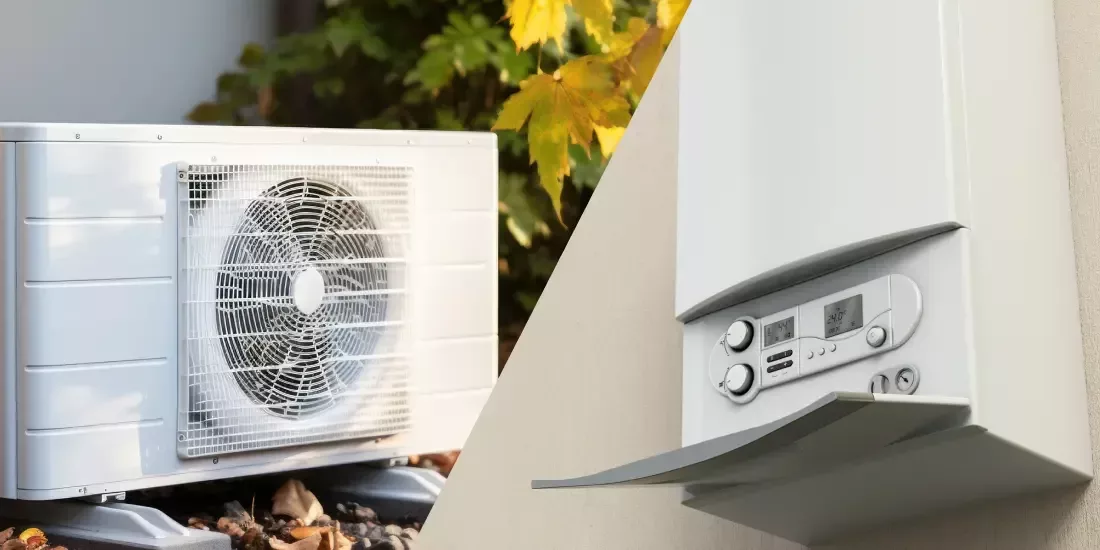
What's On This Page?
Click the links below and head straight to a specific section of the article.
Why Choose a Hybrid System
Some homes have high heating demands, which even a high temperature heat pump may not be able to cope with. If you wish to have an air-to-water heat pump, this will struggle to provide as much hot water as necessary, especially with central heating demand too. The solution: hybrid air source heat pumps.
How Hybrid Air Source Heat Pumps Work
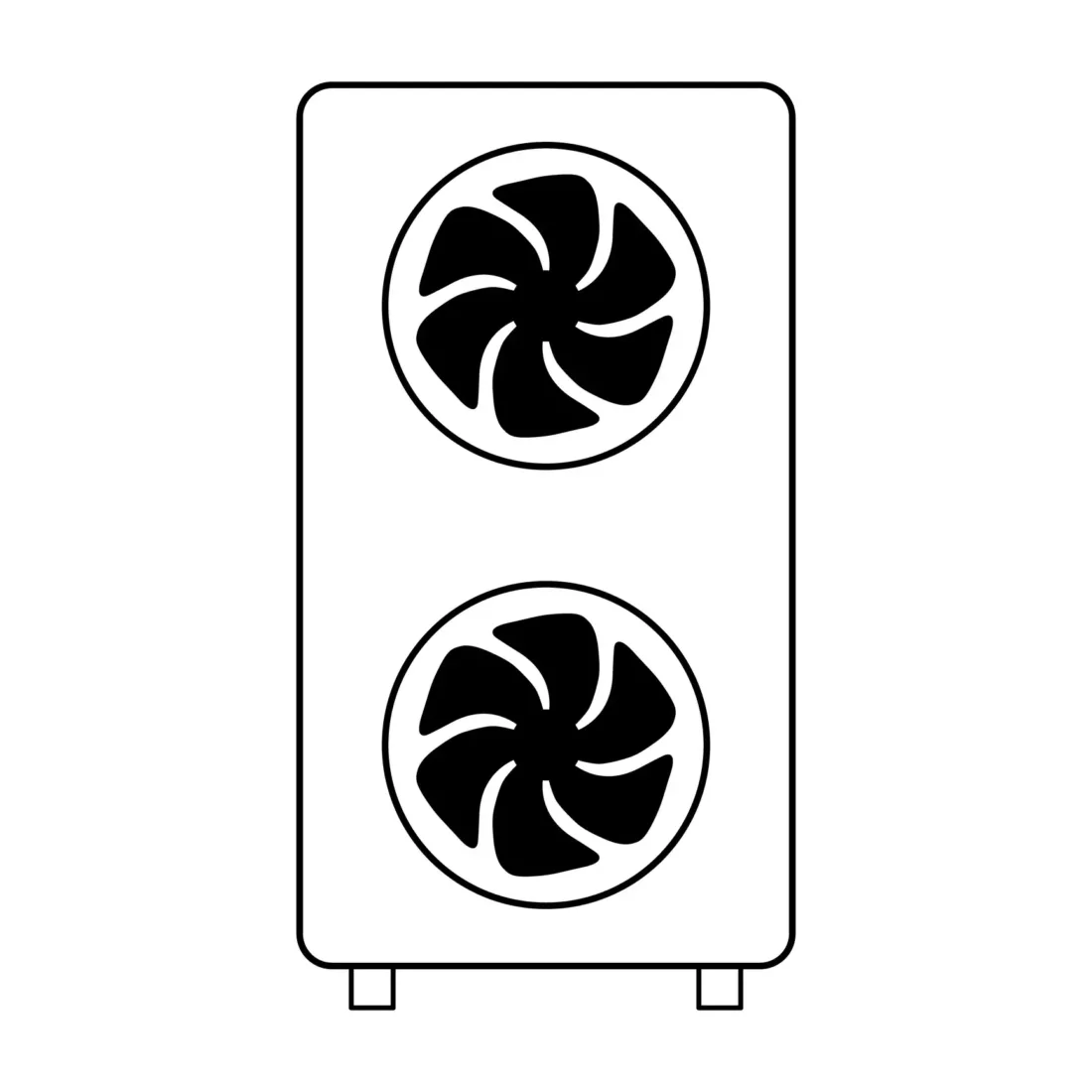
Working alongside your boiler, an air source heat pump hybrid supplements your heating system. The two heating systems work together efficiently so you can make use of low carbon technology and reduce your carbon footprint.
The standard setup for hybrid air source heat pumps is for the boiler to provide hot water and for the heat pump to manage home heating. This is because air-to-air heat pumps cannot provide hot water.
Alternatively, an air-to-water heat pump can heat water for your taps and shower outlets. In this scenario, hybrid air source heat pumps are supplemented by the boiler to give them a helping hand when demand is high.
One for Heating; One for Hot Water
A heat pump can work your central heating system without issue, so hybrid air source heat pumps will be running constantly to provide heating to your home. Flow temperatures of around 40–45°C are enough to heat your home. In the meantime, your boiler will provide you with hot water. It can even support the heat pump if higher temperatures are needed.
Separate Heating Times
Another option is to set your boiler and heat pump to run at different times. Usually, you set a cut-off point for hybrid air source heat pumps, making the boiler kick in when demand is high or the outside temperature is low. These systems will work independently at different times so you don’t notice a difference in output.
Hybrid Heat Pump Efficiency
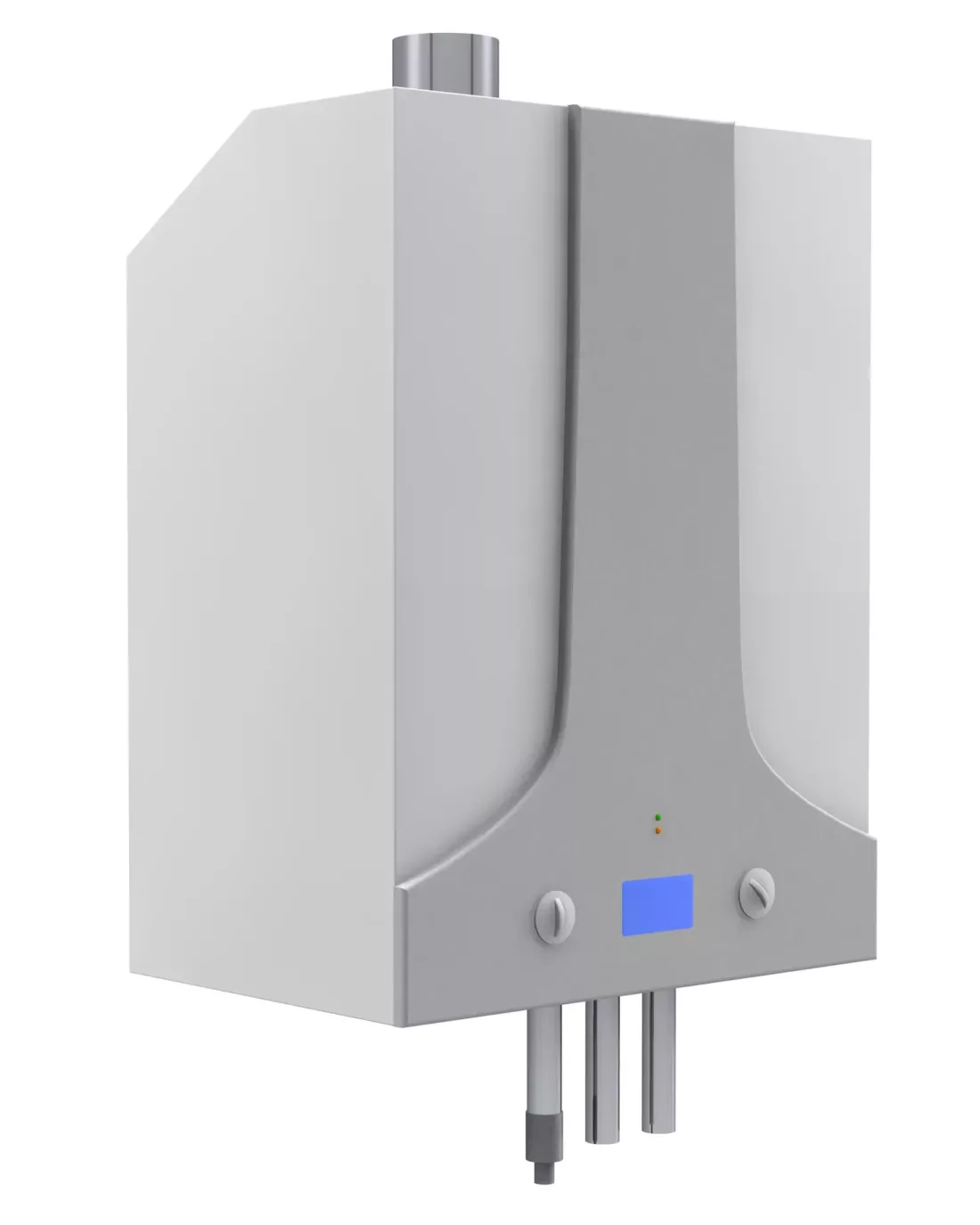
The efficiency of hybrid air source heat pumps vary depending on how they are used and which system you have. Air-to-water heat pumps are generally more efficient at transferring heat and save you from needing to use a boiler as much. The boiler will then top-up usage when necessary.
In terms of efficiency, the main benefit of utilising a hybrid system is that you will always be using the most efficient method at any one time. When combined with a gas boiler, hybrid air source heat pumps are capable of reducing gas usage by up to 70%. Not only is this a saving on emissions, but a reduction in bills.
As heat pumps are highly efficient, they are capable of reducing energy use automatically. At the top end, you can see 300–400% efficiencies in heat pumps, producing 3–4 times more heat per unit of electricity consumed. Boilers, on the other hand, are only 80–95% efficient, with only electric types going up to 100%.
“If you assume that the heat pump has an efficiency of 300% and operates for 80% of the time, the fossil fuel boiler has an efficiency of 90% and operates for the remainder of the time, the overall efficiency would be close to 260%.”
Marc Overson – Product Marketing and Communications Manager at Mitsubishi Electric
How your home is heated will also affect how efficient your system is. Hybrid air source heat pumps work well with underfloor heating because it requires low flow temperatures. It’s also at least 25% more efficient than using radiators.
Advantages and Disadvantages
There are a wide number of benefits that come with hybrid air source heat pumps, even beyond the obvious. Before you make the switch, it’s important to get the advice of an MCS accredited installer. They will be able to help decide which setup would work best for your home.
Carbon Footprint
Even just taking the 70% figure above for the reduction in gas usage, this is cutting almost ¾ of home emissions from burning gas. As hybrid air source heat pumps will run the majority of the time, you will benefit from the high efficiencies they provide. This reduces greenhouse gas emissions.
The only downside to this is that they still operate using electricity, which isn’t necessarily generated using renewable methods. While using a hybrid heat pump reduces emissions, it doesn’t cut them out completely.
With the potential ban on new gas boilers coming, hybrid air source heat pumps could bridge the gap between the old and new.
Maintenance and Servicing
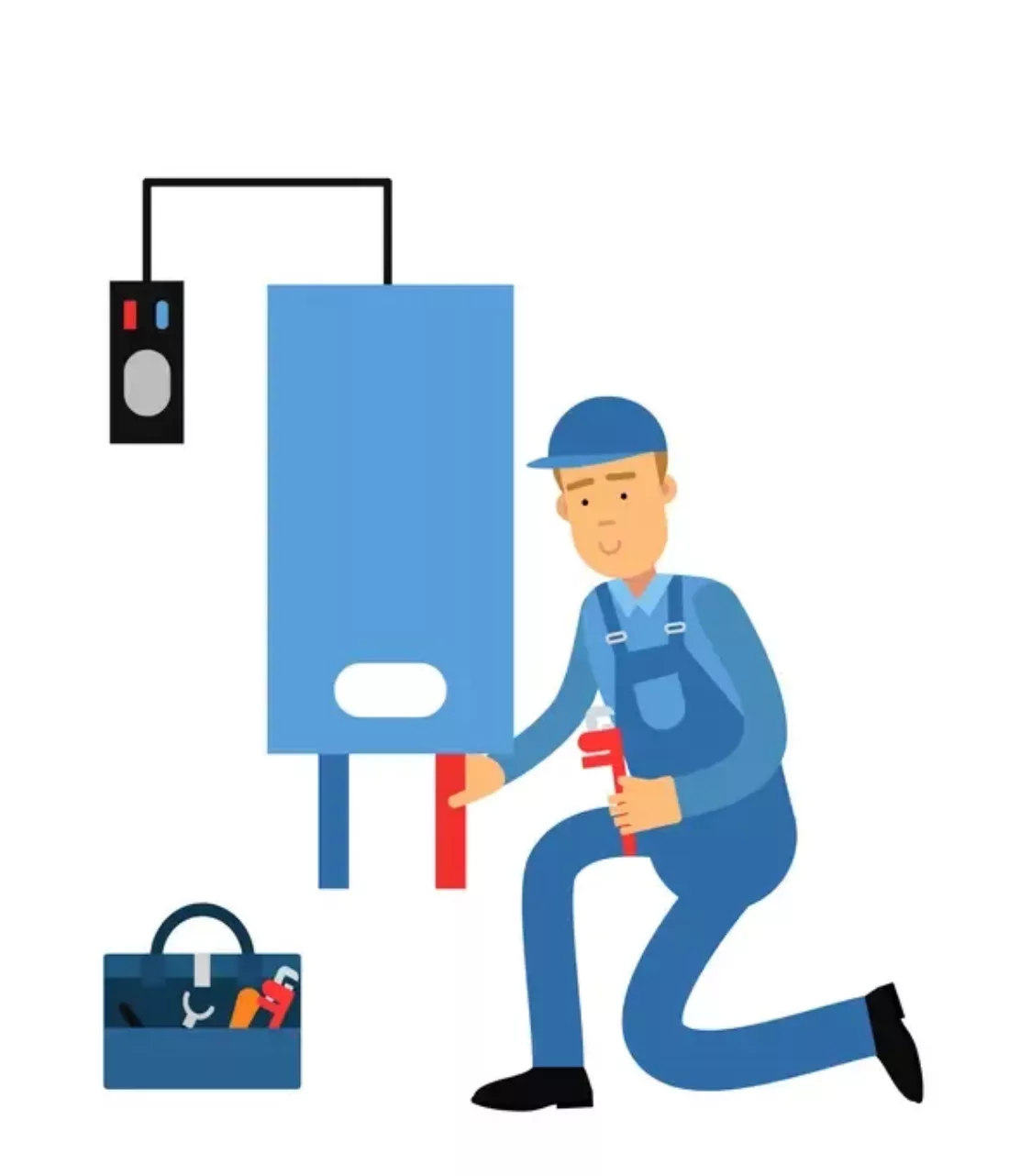
With two heating systems working side by side, they will support each other and last longer. This means that they won’t wear out as quickly or need as much looking after. You will only have to check on the heat pump every now and again to make sure it’s clear of debris.
However, with two heating systems comes the need for two lots of servicing. Your boiler will still require a yearly service, and your heat pump might need professional adjustments. Bear in mind that hybrid air source heat pumps will produce higher service costs.
Energy Costs
One of the best reasons to look into hybrid heat pumps is their ability to only use the cheapest form of energy at any time. You can save on energy by having a highly efficient system and low running costs. Even though electricity is always more expensive than gas, the efficient heat pump will still save you money.
How Much Hybrid Air Source Heat Pumps Cost
It’s always possible to spend as much as you want on installing any system, but money is rarely no object. With hybrid air source heat pumps, you have to break down every element separately because not everyone will require the same installation.
On average, the cost of a hybrid system will be around £16,000. This is, however, just for the heat pump, gas boiler and the installation. If you require underfloor heating or need to upgrade your insulation, these costs will escalate.
You can see rough costs associated with hybrid air source heat pumps in the interactive graph below.
No Grants Available
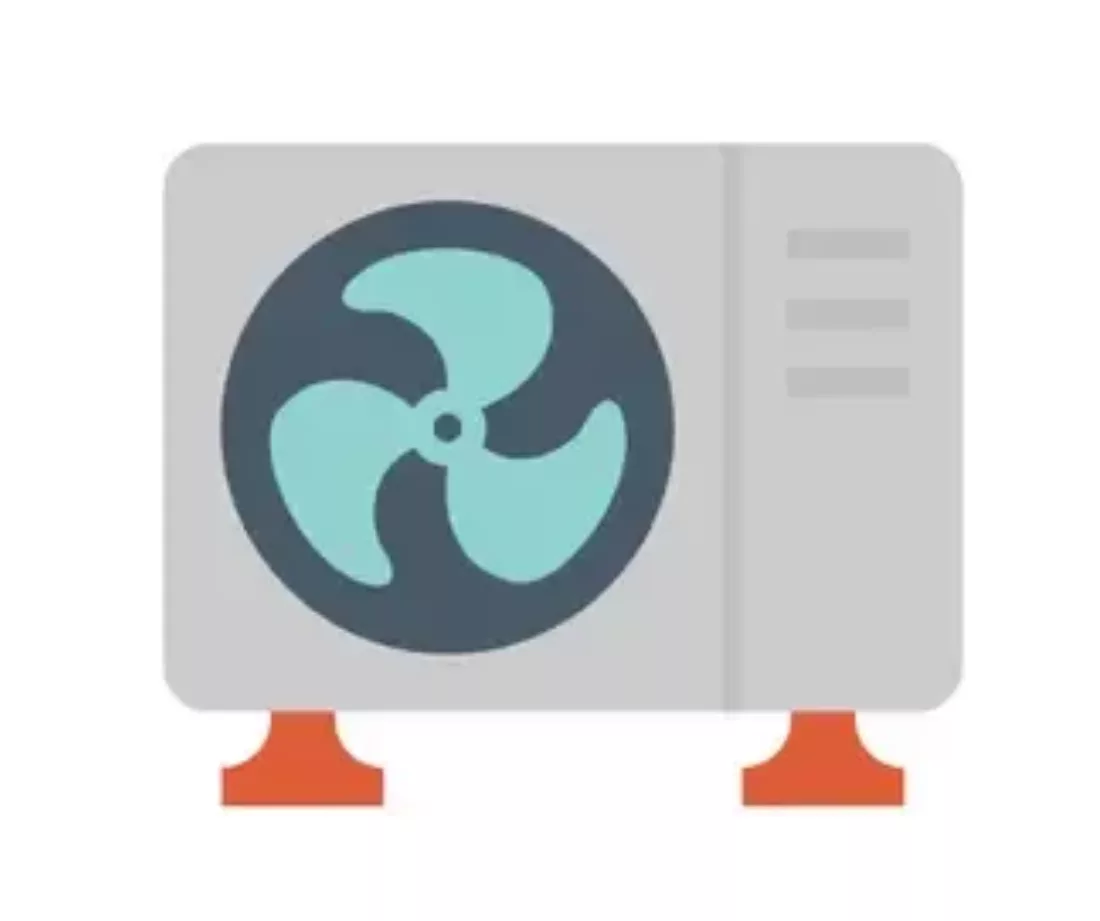
The major downside to choosing a hybrid heat pump is that it doesn’t qualify for the government’s Boiler Upgrade Scheme (the replacement for the Renewable Heat Incentive). While this gives you a discount of £7,500 off a heat pump, hybrid air source heat pumps aren’t eligible.
The reasoning behind this is that while a hybrid heat pump system is a great stepping stone, the real push is for households to transition away from gas, oil or LPG. To be eligible for a grant, you need to switch to a pure heat pump.
Make Your Hybrid System Renewable
If you’re set on making your home green, there are ways to upgrade hybrid air source heat pumps to reduce their environmental impact. By incorporating solar panels, you can offset these costs in a few different ways.
Solar Panels and Battery
A solar battery captures the energy your solar panels generate throughout the day. This allows your heat pump to make use of it as a power source without having to rely on the grid. As the battery was charged using renewable means, you save both money and emissions.
Solar Thermal
Hybrid air source heat pumps can be integrated with even more renewable systems. Due to how much a heat pump struggles with sudden shifts in demand for hot water, you can help it along by using solar thermal technology. This can heat up your hot water storage, which can then reduce how much you need to use your boiler, saving more on your energy bills.
Solar Panels
Alternatively, hybrid air source heat pumps can run using the power supplied by solar panels directly. The electricity captured during the day will keep your heat pump operating on renewable energy. This will considerably reduce how much you spend on importing electricity.
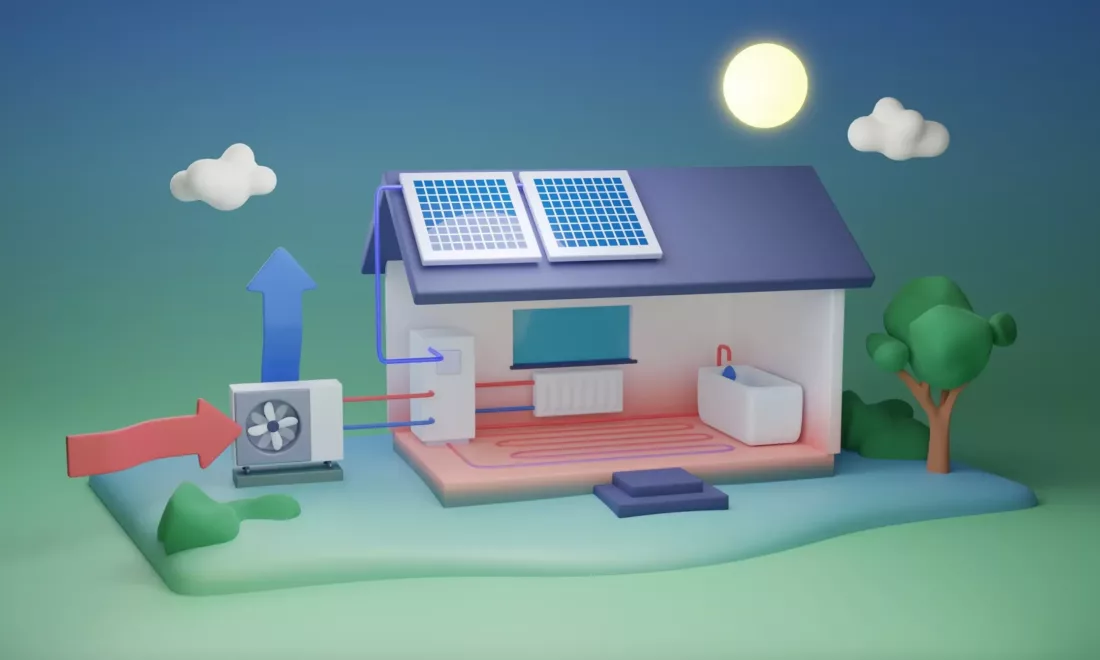
Despite the fact that a boiler will still be operating with a hybrid system, the majority of the energy will be used by the heat pump. This makes utilising the power of the Sun definitely worth it.
Get a Hybrid Air Source Heat Pump
The main benefit of using hybrid air source heat pumps is that you can make them work how you need them to. Whether you want both parts to operate at certain points or wish to take a step into a greener future, there are options for you.
Find out how much you’d pay for a hybrid system by clicking on the button below. We’ll put you in touch with local installers who will give you a competitive quote.
Related articles
View all Heat Pump articles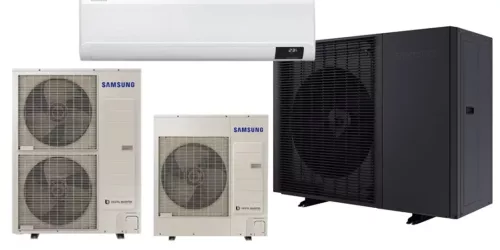
Samsung Air Source Heat Pumps: Overview and Costs
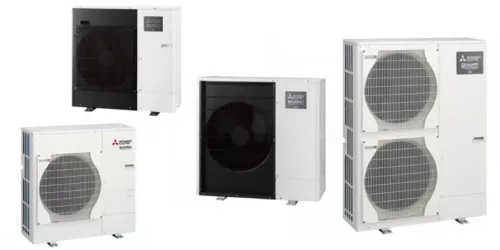
Mitsubishi Air Source Heat Pumps: Overview and Costs
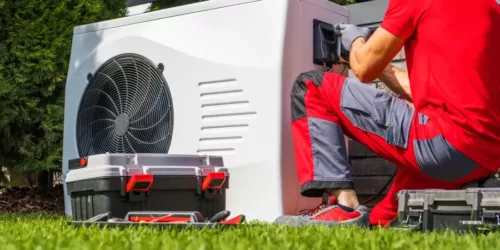
The Cost of an Air Source Heat Pump Service
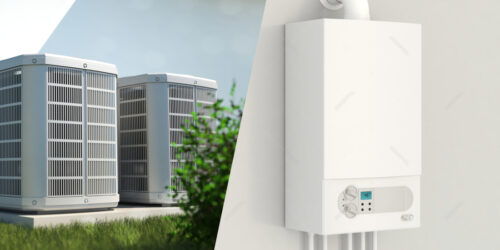
Heat Pump vs Gas Boiler - What's Better?
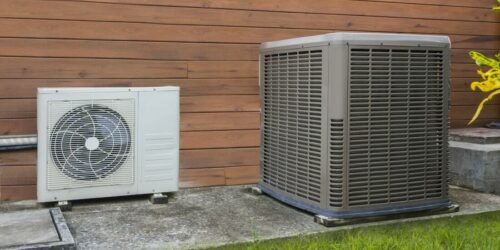
Different types of heat pumps: what’s available?
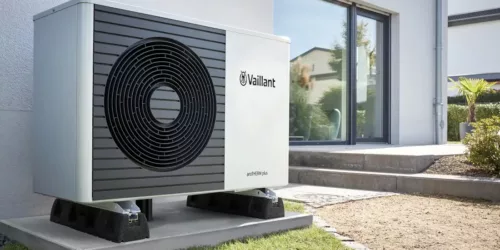
The Ultimate Guide to Vaillant Heat Pumps
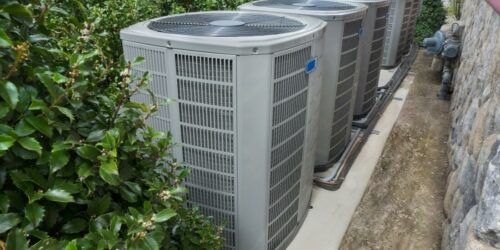
How Do Air Source Heat Pumps Work?
